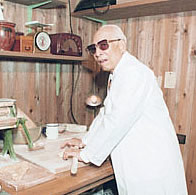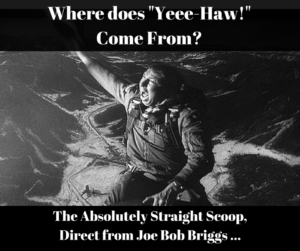Six months and one day ago (8/15/06) Mayor Smokey Barnable of Edgewood cut the ribbon on the new Mobius Factory, declaring August 15th to be ‘Megatar Day.’
Today — six months and one day later — was a banner day in the annals of Megataria, as the first production batch of TrueTapper instruments emerged from the newly-completed Mobius manufacturing facility. Although we’re running warp drives at a mere fraction of the speed of light, precision and alignment are holding well, according to Engineering.
Megatar-starved earthlings rejoice. Additional music generators on the way!


